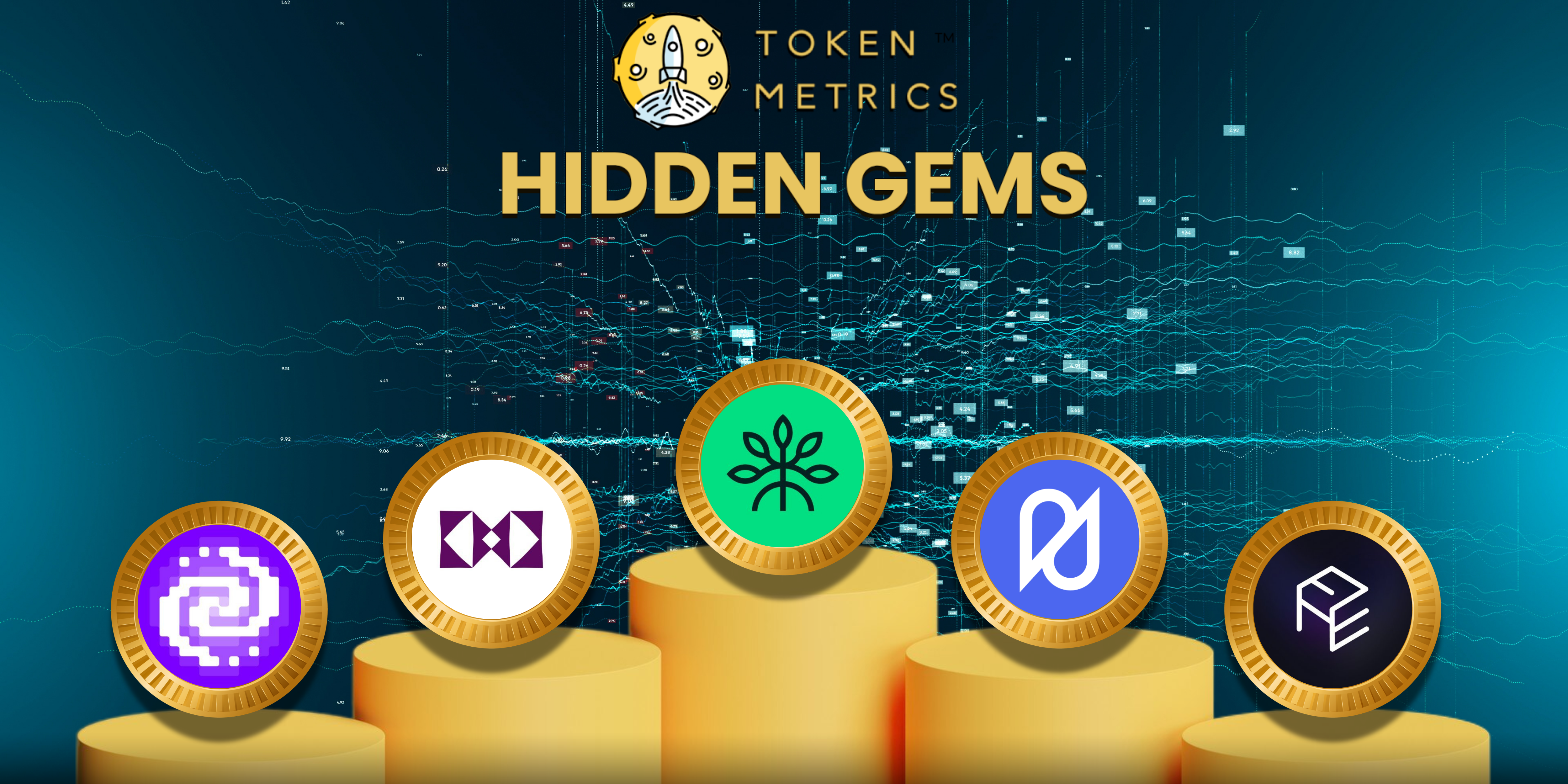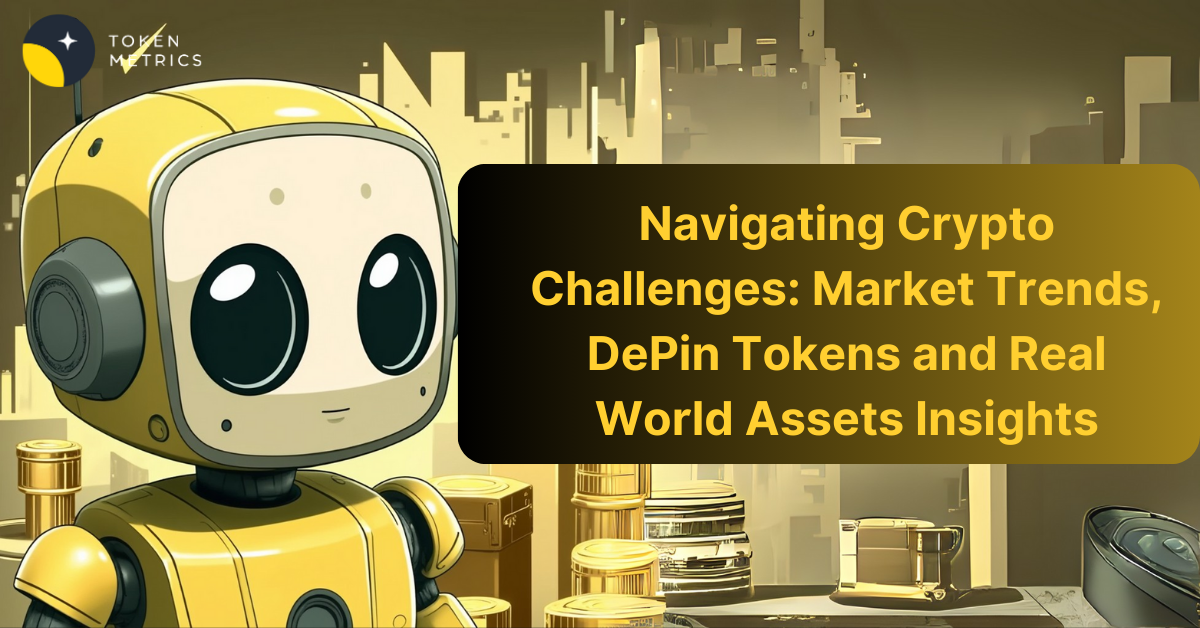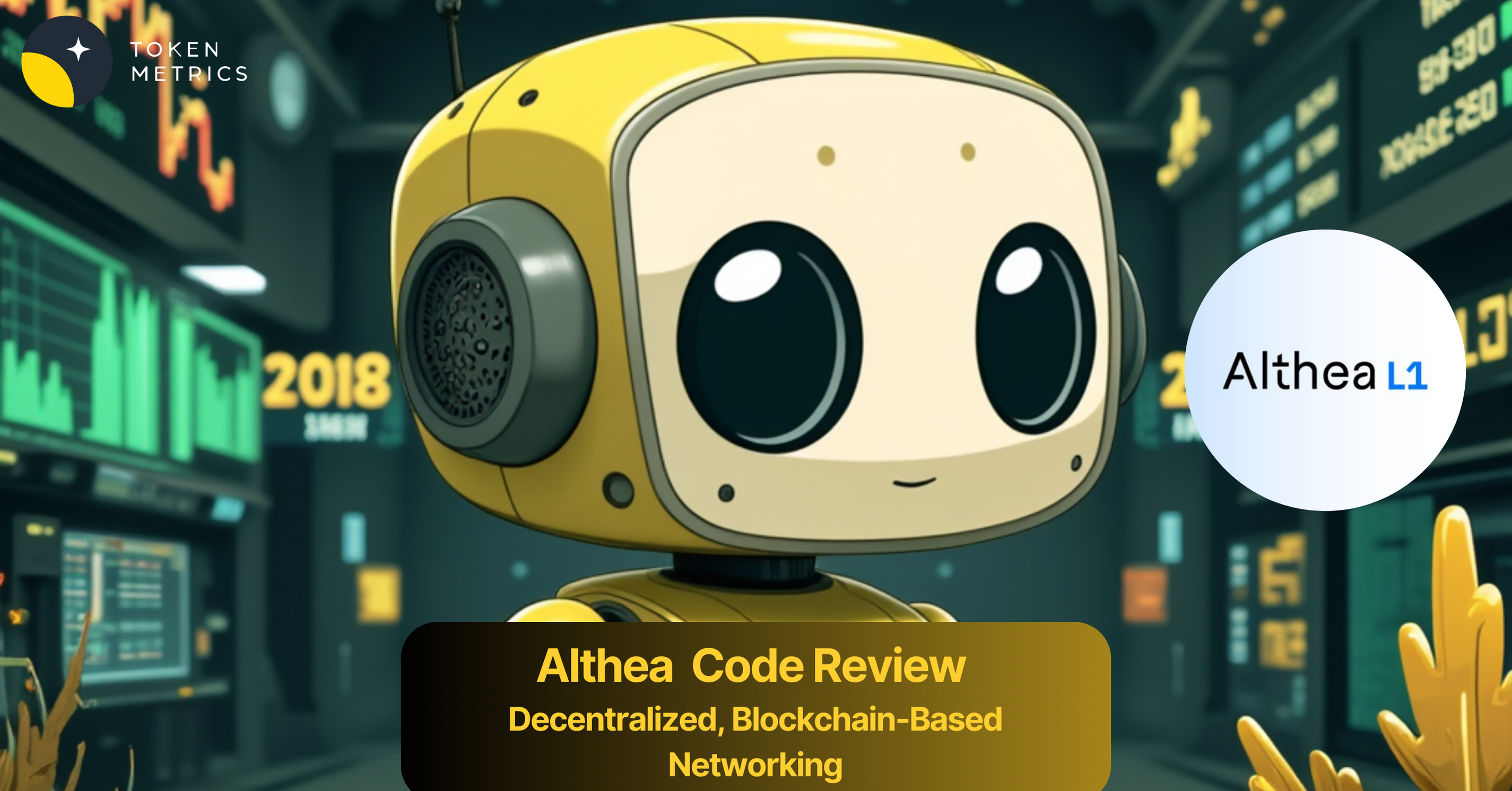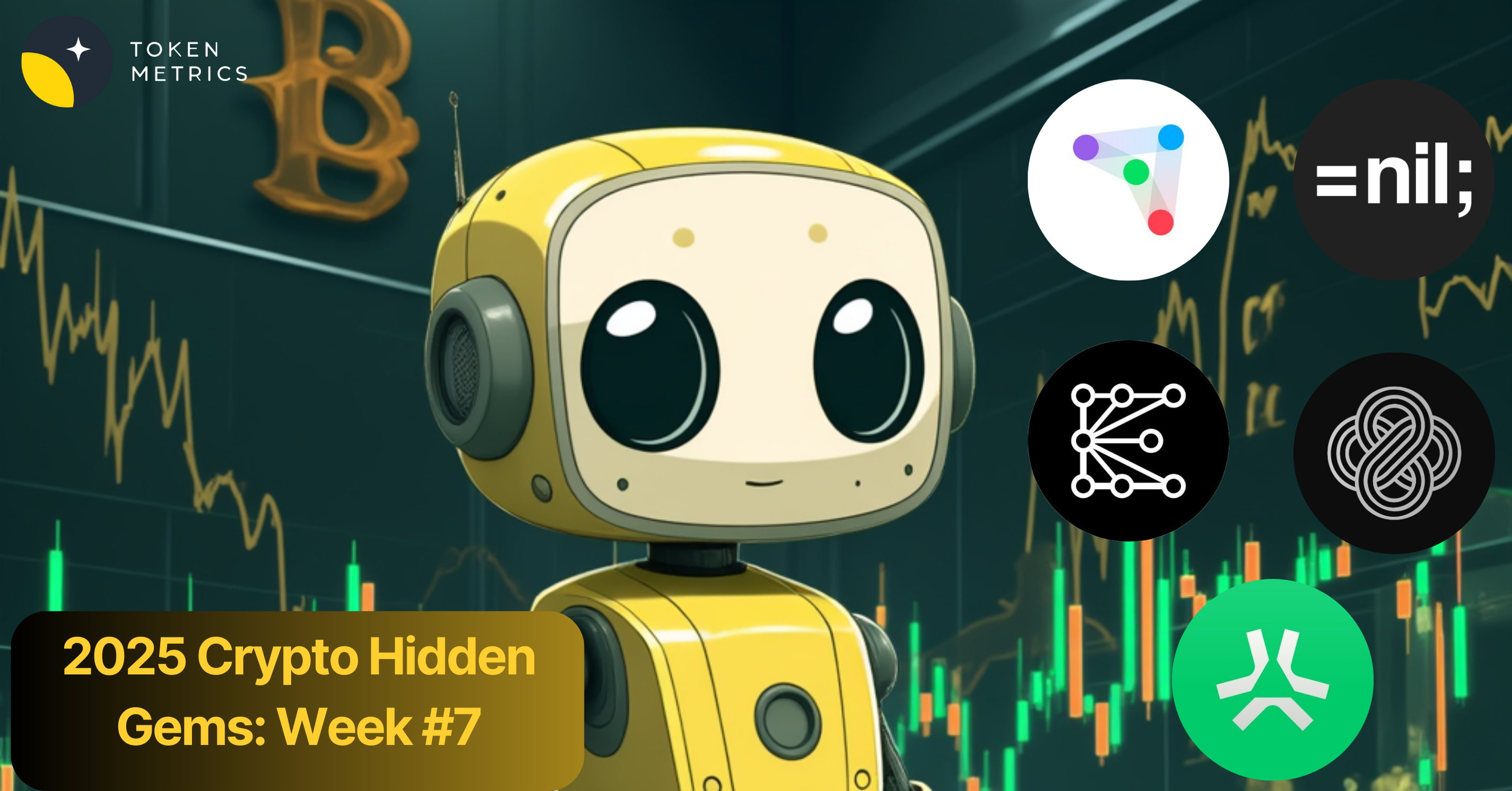This week, we’ve identified several promising ventures that stand out in a crowded landscape. While our comprehensive code reviews are still in progress, these projects have caught our attention through rigorous fundamental analysis. As we delve deeper, we invite you to take an exclusive first look at these exceptional opportunities. Stay tuned for more insights!
Pell Network- 64.58%
 Website | X(Ex-Twitter)
Website | X(Ex-Twitter)Sector – Restaking
Status – Active
TVL – $127M
Pell is a decentralized security marketplace that allows users to stake BTC, wrapped BTC, and Liquid Staking Tokens (LSTs) to provide validation services for various decentralized applications (dApps) and protocols requiring high security and trust on the BTC network.
Participants can join the Pell Network by staking BTC Liquid Staking Derivatives (LSD). Node operators deploy Automated Validation Services (AVSs) on the Pell Network to enhance the security of the network’s ecosystem with BTC LSD. AVS developers can customize slashing and reward mechanisms for distributed systems.
Pell offers a multi-layered service network and caters to a diverse array of Bitcoin ecosystem protocols, applications, and infrastructure. This extends Bitcoin’s economic utility through enhanced security measures. Stakers can validate various modules, including consensus protocols, data availability layers, virtual machines, guardian networks, oracle networks, bridges, threshold encryption schemes, and trusted execution environments.
Components of Pell Network –
Pell Restaking Protocol: This suite of smart contracts, deployable across multiple networks, enables stalkers to retake BTC Liquid Staking Derivatives (LSD).
Pell Marketplace: Service providers can utilize BTC LSD security by rewarding Pell Automated Validation Service (AVS) operators.
Pell Restaking Ledger: A uniquely designed, decentralized ledger for managing the Pell Restaking Protocol.
With Pell Network, innovators can forgo building their own trust networks for new distributed validation modules. Instead, they can efficiently and economically deploy high-security, decentralized validation modules through Pell Network.
Fhenix – 62.50%
 Website | X(Ex-Twitter)
Website | X(Ex-Twitter)Sector – Layer 2
Status – Testnet
Fhenix introduces a Layer 2 (L2) rollup that leverages Fully Homomorphic Encryption (FHE) to bring on-chain confidentiality to Ethereum applications. By processing encrypted data, Fhenix effectively addresses privacy concerns, creating a safer user environment.
Fully Homomorphic Encryption (FHE) is a specialized form of encryption that allows computations on encrypted data. This enables multiple users to perform operations, interact with contracts, and collaborate on data while preserving privacy and preventing the exposure of sensitive information.
Features
Easy to implement – Fhenix offers quick and easy implementation with a flexible, scheme-agnostic architecture that adapts to the evolving field of cryptography.
EVM compatible – Its full EVM compatibility allows developers to add private fields, texts, and numbers in Solidity without needing additional languages.
Flexible modular design – Its flexible, modular design ensures adaptability to advancements in cryptography.
Investors
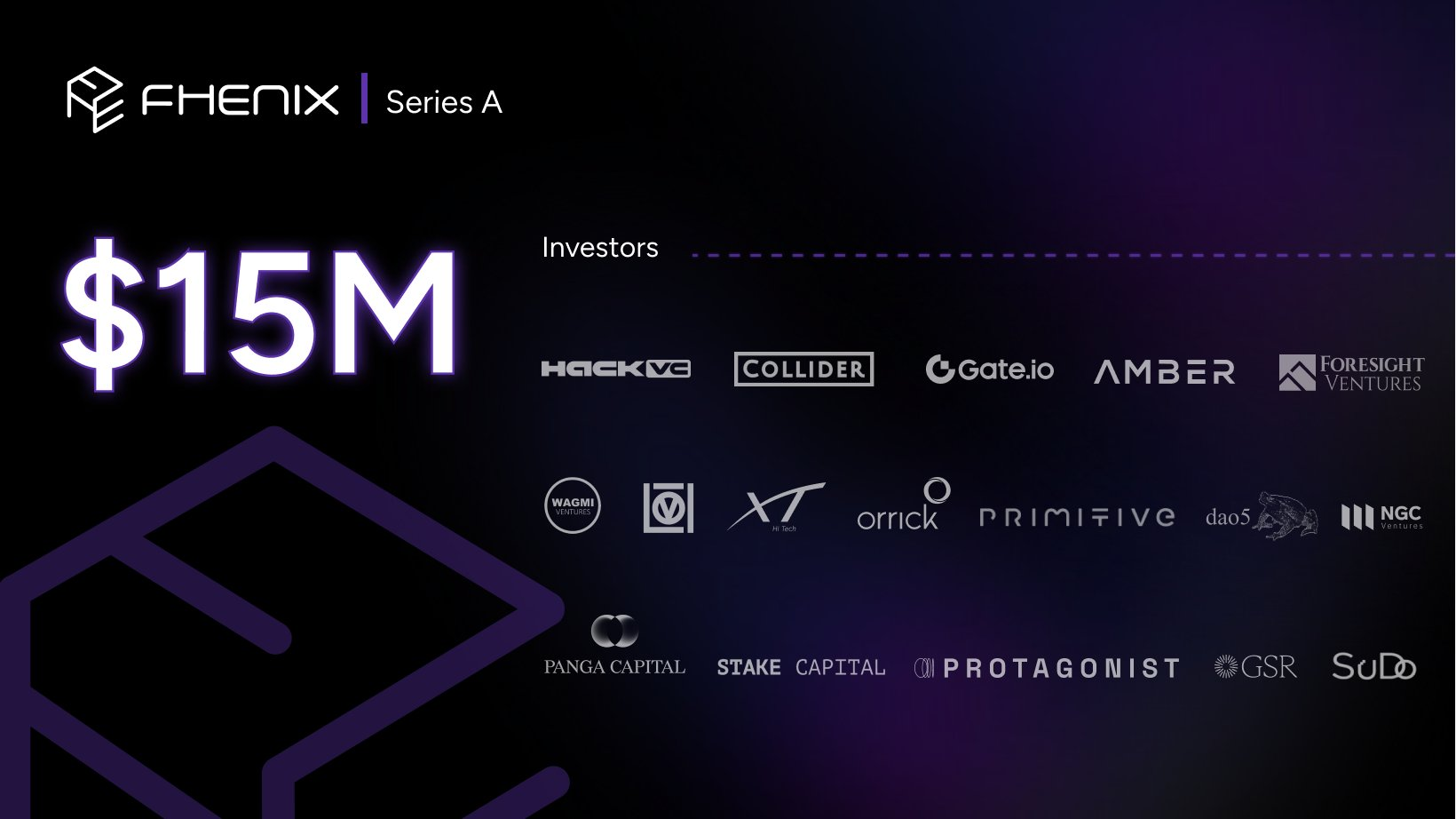
Pixelverse- 62.50%

Website | X(Ex-Twitter)
Sector – Gaming
Status – Active
Pixelverse is a cyberpunk-themed gaming ecosystem incorporating third-party developers, intellectual properties (IP), and projects. It offers a cyberpunk-themed game accessible on both Telegram and web browsers. Within this ecosystem is PixelTap, a clicker-meets-combat game where players earn in-game coins to upgrade their robots for battle. During combat, players tap various parts of the screen to attack their opponent’s bot, craft special attacks, and defend themselves.
Players in PixelVerse can engage in gameplay while owning, trading, and monetizing their digital assets, including robots, weapons, skins, and land. They can embark on quests, participate in turn-based arena battles, and upgrade their bots, each of which is a unique NFT with customizable attributes. PixelVerse supports third-party development, allowing external developers to expand the game’s content and functionality using the PixelVerse SDK and smart contracts.
Pixelverse Tap – PixelTap, a vital component of the PixelVerse ecosystem, is a tap-to-earn clicker game hosted on Telegram. It allows players to earn $PIXFI tokens through strategic gameplay and daily challenges. By leveraging blockchain technology, PixelVerse is transforming traditional gaming into a play-to-earn (P2E) space, where every click and quest can yield real-world rewards in the form of $PIXFI tokens.
Investors

Token
The $PIXFI token is integral to Pixelverse, supporting a range of in-game activities. It can be used for trading, crafting, and battling within the ecosystem. A deflationary economy reduces the token supply over time, helping to maintain its value. As the primary transaction token on Pixelchain, $PIXFI acts as the game’s gas token, supporting growth. It is also essential for developers to integrate with the Pixelverse SDK to facilitate game development and expansion. $PIXFI powers the marketplace for buying and selling cosmetic items and bots and enables engaging arena battles with the ‘Risk to Earn’ principle, making the game exciting and rewarding. The total supply of $PIXFI is capped at 5 billion.
Where can you buy the token?
$PIXFI is currently unavailable to trade
Rome- 60.42%

Website | X(Ex-Twitter)
Sector – Modular Blockchain
Status – Not yet launched
Rome is engineered to integrate Solana’s capabilities into Ethereum-based services by being a shared sequencer. This will enable Ethereum rollups to leverage Solana as a shared sequencer, accelerating transaction confirmations, improving privacy and scalability, and reducing blockchain costs. The Rome Protocol will facilitate using Solana’s existing validators as shared sequencers for transactions, state maintenance, and transaction publication. This initiative aims to transform Solana’s capacity of over 50,000 transactions per second (TPS) into a robust infrastructure for Ethereum rollups. Additionally, it ensures atomic composability, with transactions being confirmed on Solana before their submission to Ethereum.
Rome consists of three key components:
- Rhea-Hercules allows rollups to utilize Solana as a shared sequencer.
- Rome’s Rollup as a Service (RaaS) enables rollups to be operational within minutes.
- Rome SDK provides developers, searchers, and ecosystem builders the tools to compose atomic cross-rollup and atomic cross-chain transactions across Solana and various rollups.
These components take advantage of Solana’s capabilities, offering rapid transaction confirmations, high throughput, and low costs.
Investors
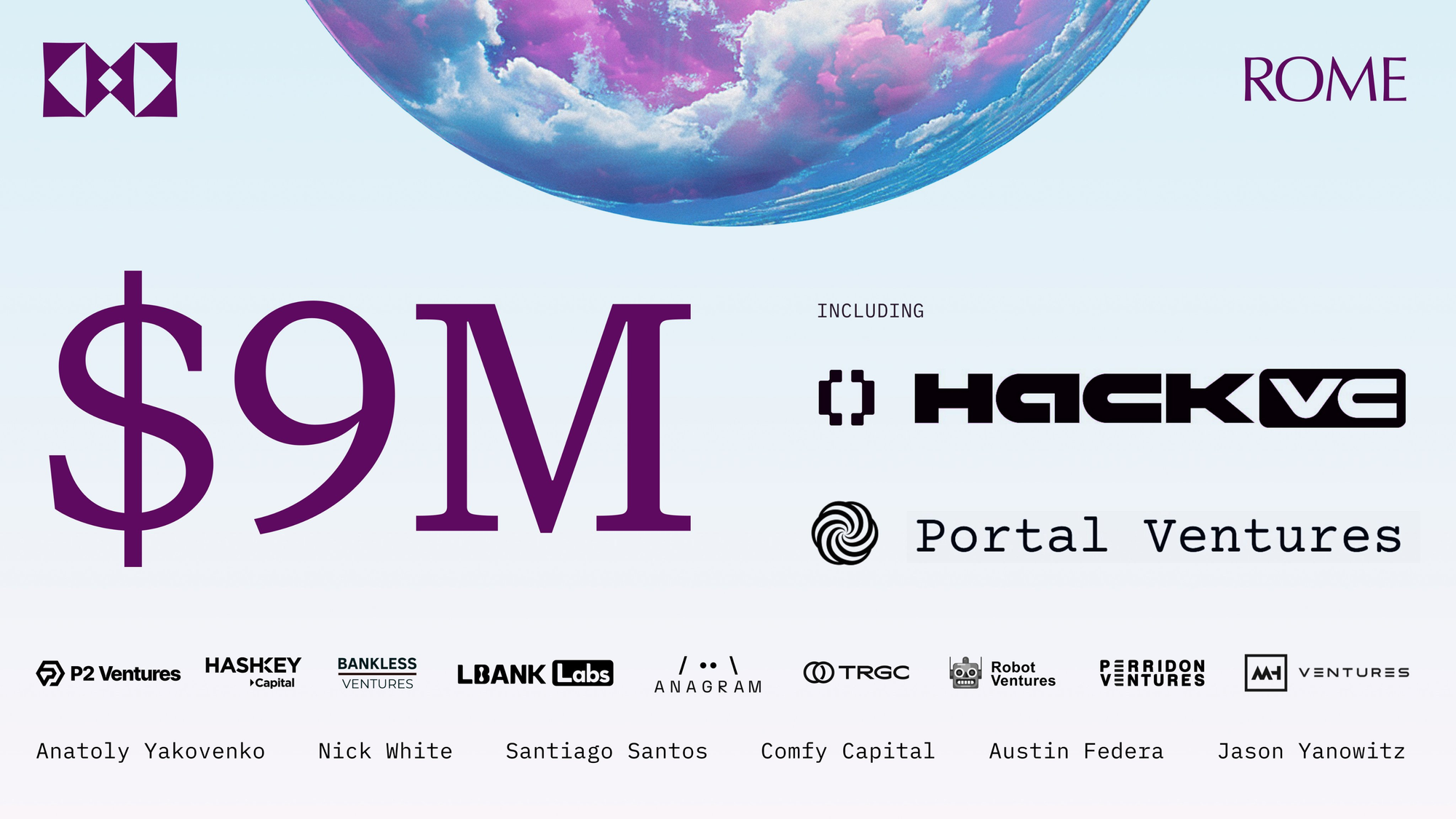
Mangrove – 60.42%

Website | X(Ex-Twitter)
Sector – DEX
Status – Active
Mangrove is an order book decentralized exchange (DEX) that allows liquidity providers to restake liquidity from other protocols. As an on-chain order book decentralized exchange (DEX), Mangrove empowers liquidity providers by enabling them to create offers at specified prices using arbitrary smart contracts. This innovative approach unlocks exceptional capabilities for managing and optimizing liquidity, allowing users to restake their liquidity. This is facilitated through Mangrove’s ‘Offer is code’ approach, which enables the attachment of any logic to offers posted on the order book. Mangrove permits offer to be tied to a smart contract. These offers are listed on either the “asks” or the “bids” side. By restaking liquidity, users can leverage funds held on other DEXes or money markets to increase earnings from spreads, yields, and points. Mangrove supports coding any market-making strategy into offers, thus optimizing liquidity yields by executing multiple trading strategies simultaneously.
On the Mangrove dApp, users can post multiple types of orders. These include market orders and yield- and points-bearing limit orders, which source liquidity from other protocols and redeposit on the same or another selected protocol once the order is executed. Additionally, users can post amplified orders, similar to yield- and points-bearing limit orders. However, amplified orders allow users to post multiple limit orders on different markets and at different limit prices using the same amount and source of liquidity, enabling them to leverage high market volatility periods and farm points on multiple Mangrove markets simultaneously.
Investors


